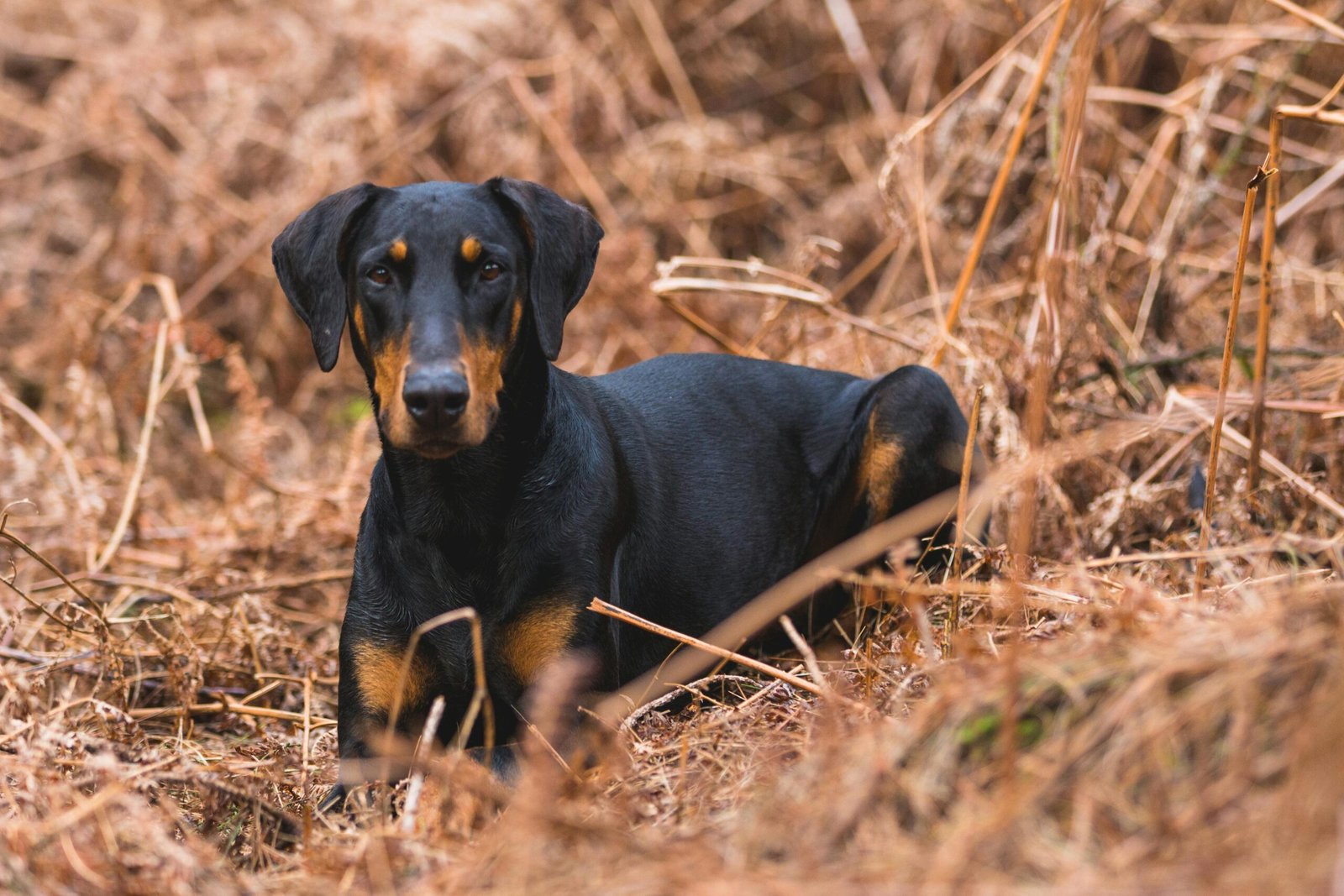Introduction
The Portuguese Podengo is one of Portugal’s national treasures: a lively, intelligent hound with ancient roots and remarkable versatility. Known for their keen hunting instincts, boundless energy, and cheerful personalities, Podengos come in three distinct sizes—small, medium, and large—and two coat types, smooth and wire. While still rare outside of Portugal, they have been gaining international attention for their adaptability as both hunting dogs and affectionate companions. This article explores the history, appearance, temperament, and care of the Portuguese Podengo, helping you decide if this unique breed might be your perfect match.
Breed Origins
The Podengo is believed to be one of the oldest dog breeds in the Iberian Peninsula, with origins dating back over 2,000 years. They are thought to descend from dogs brought by Phoenician traders and later shaped by Portuguese hunters. Traditionally, Podengos were used to hunt rabbits and small game, working alone or in packs. Their acute senses, agility, and stamina made them invaluable hunting partners in Portugal’s varied landscapes—from rocky hills to dense forests.
Appearance
One of the most distinctive things about the Portuguese Podengo is its variety. The breed comes in three sizes, each suited to different types of hunting:
- Small (Pequeno): 8–12 inches tall, weighing 9–13 pounds. Agile and compact, these are skilled rabbit hunters.
- Medium (Médio): 16–22 inches tall, weighing 35–45 pounds. Versatile hunters used for rabbits and larger game.
- Large (Grande): 22–28 inches tall, weighing 45–65 pounds. Traditionally used for deer and boar hunting, though this variety is rare today.
In addition to size, Podengos come with either a smooth coat (short, sleek, and low-maintenance) or a wire coat (rough, longer, and slightly scruffy in appearance). Their triangular heads, erect ears, and alert expressions give them a fox-like look that’s both charming and distinctive.
Temperament and Personality
The Portuguese Podengo is more than just a hunter—it’s also a lively and affectionate companion. Key traits include:
- Cheerful and Friendly: They are affectionate with family and enjoy being involved in household activities.
- Energetic: Podengos are bundles of energy, requiring plenty of exercise and stimulation.
- Intelligent and Curious: Their problem-solving skills make them quick learners, though sometimes independent-minded.
- Alert Watchdogs: Naturally wary of strangers, they make excellent watchdogs without being overly aggressive.
- Pack-Oriented: They generally get along well with other dogs, especially when raised together.
Exercise and Activity Needs
This is a breed that thrives on activity. Podengos need more than just a daily walk to stay happy and healthy:
- At least 60–90 minutes of exercise daily, depending on size.
- Off-leash play in secure areas, as their prey drive may send them chasing squirrels or rabbits.
- Engaging activities like agility, lure coursing, or scent work to tap into their natural abilities.
- Interactive games and toys to keep their sharp minds busy.
Without adequate stimulation, Podengos can become restless, vocal, or mischievous.
Training and Intelligence
Podengos are intelligent, but their independent nature means training requires patience and creativity. They respond best to positive reinforcement and variety in training sessions. Early socialization is essential to reduce wariness around strangers and to help them adapt to new environments. While they can excel in obedience and agility, they may never be as predictably compliant as some breeds—they like to think for themselves.
Grooming and Maintenance
Grooming needs depend on coat type:
- Smooth Coat: Very low-maintenance. Weekly brushing is usually enough to keep them clean and shiny.
- Wire Coat: Requires more frequent brushing to prevent mats and tangles, particularly in the beard and leg furnishings. Occasional trimming or stripping may be needed.
All Podengos shed moderately and need regular dental care, nail trims, and ear checks to maintain overall health.
Health Considerations
One of the Podengo’s advantages is its overall hardiness. As a breed shaped by centuries of practical use rather than show standards, they are generally healthy with a lifespan of 12–16 years. Potential concerns include:
- Hip dysplasia (more common in larger sizes)
- Luxating patella (in smaller Podengos)
- Eye conditions in rare cases
Most Podengos live long, active lives when provided with proper care and exercise.
Family Compatibility
Podengos make wonderful family companions when matched with the right lifestyle. They are affectionate with children and generally do well with other dogs. Their strong prey drive, however, may make them unsuitable for households with small pets like rabbits or hamsters. They need active families who can provide exercise, engagement, and companionship. Apartment living is possible for smaller Podengos if owners are committed to meeting their exercise needs.
Who Should Consider a Podengo?
This breed is ideal for owners who:
- Enjoy outdoor activities such as hiking, running, or agility training.
- Have secure yards or access to safe off-leash areas.
- Appreciate an intelligent, independent-minded dog with a playful side.
- Want a hardy, low-maintenance breed compared to many modern purebreds.
Conclusion
The Portuguese Podengo may not yet be a household name outside of Portugal, but it is a breed worth knowing. With its ancient heritage, adaptable nature, and joyful spirit, the Podengo thrives as both a skilled hunter and a devoted family companion. Active families who welcome their independence and energy will find a loyal, long-lived partner in this breed. Whether small, medium, or large, smooth or wire-coated, the Podengo offers a unique mix of history, charm, and versatility that few breeds can match.




